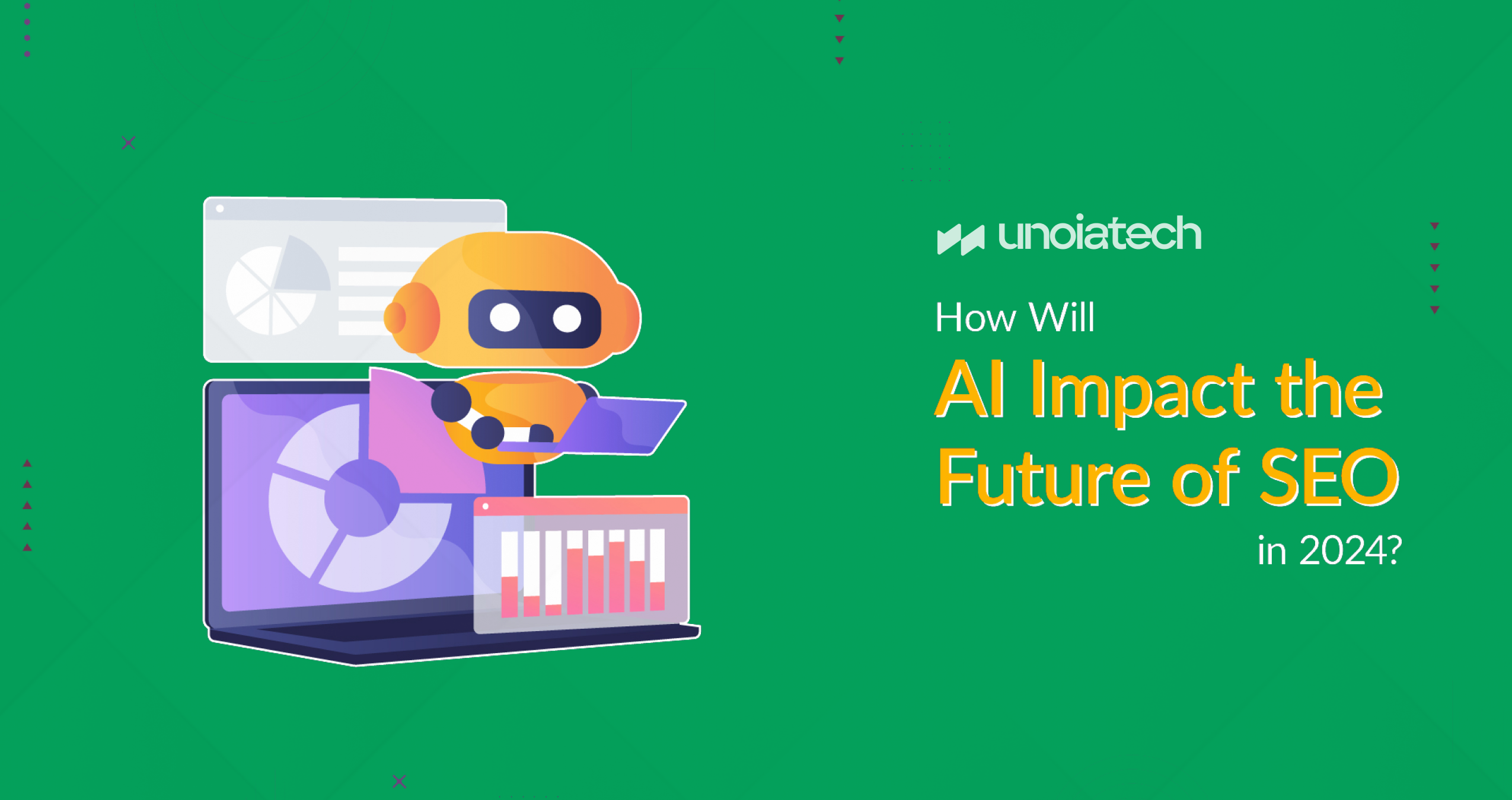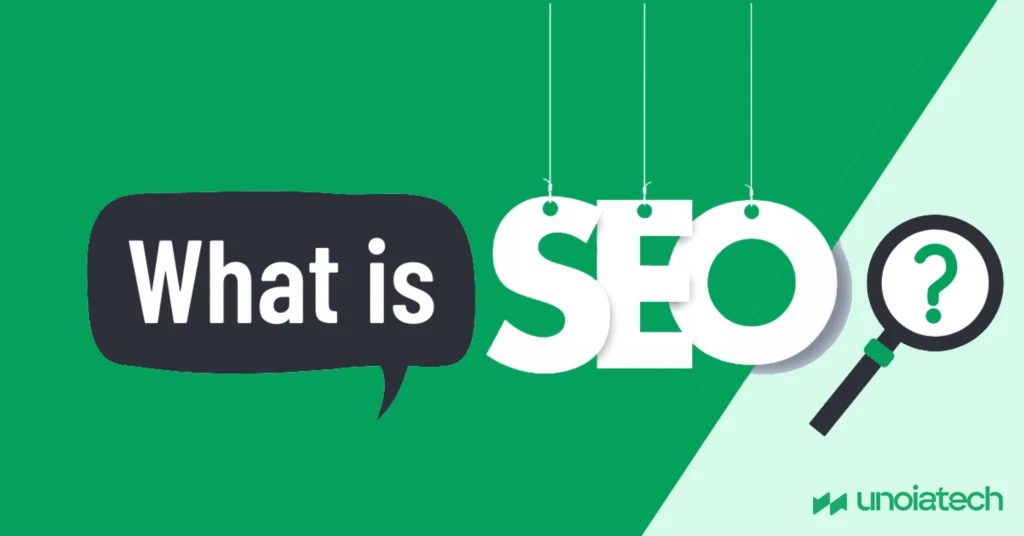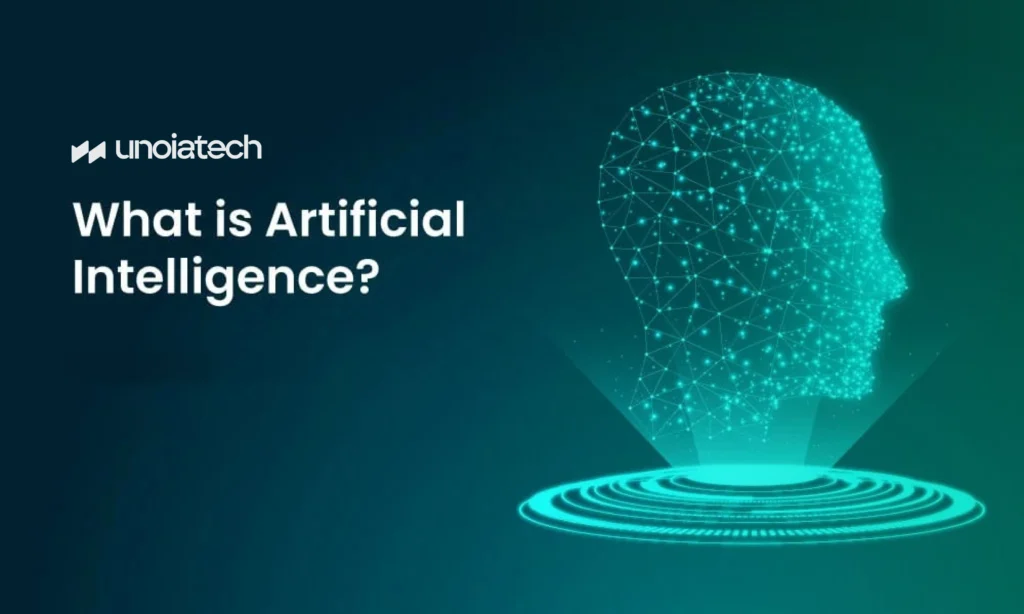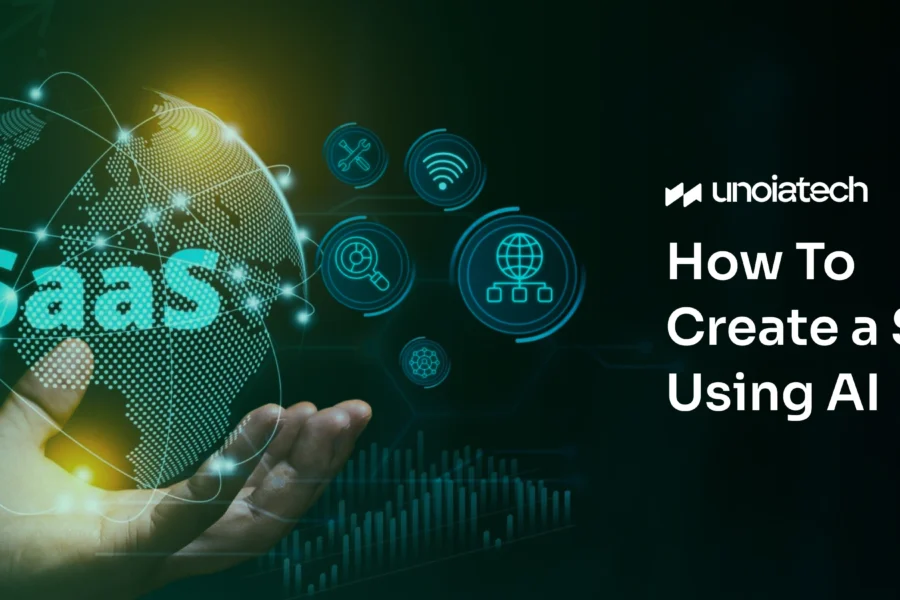
When it comes to digital marketing, search engine optimization (SEO) is crucial for boosting website visibility. With the rise of artificial intelligence (AI) technology, understanding how AI will impact the future of SEO is more important than ever. This article explores what AI and SEO are, how AI influences the future of SEO, and the benefits AI offers for SEO strategies.
What is Artificial Intelligence (AI)?

AI is a branch of technology designed to replicate human intelligence. Often described as “the science and engineering of making intelligent machines,” AI encompasses several areas including:
- Machine Learning: Algorithms that improve through experience.
- Natural Language Processing (NLP): The ability of machines to understand and process human language.
- Computer Vision: Enabling machines to interpret and make decisions based on visual inputs.
- Robotics: Machines that can perform tasks traditionally done by humans.
AI is prevalent in applications such as digital assistants (Siri, Alexa, Google Assistant) and autonomous vehicles.
What is SEO?

SEO involves optimizing web content to improve its visibility in search engine results pages (SERPs). This process includes various techniques to enhance website performance:
- On-page SEO: Includes keyword research, content optimization, and internal linking.
- Off-page SEO: Involves building backlinks from reputable sites.
- Technical SEO: Focuses on improving site speed, mobile compatibility, and security.
- Local SEO: Targets local search queries and optimizes for location-based results.
How AI Will Impact the Future of SEO
Emphasis on User Intent
AI-powered search engines are becoming adept at understanding user intent. SEO strategies must now focus on:
- Creating content that aligns with user queries: Address specific needs and provide valuable, engaging information.
- Analyzing search behavior: To better tailor content to what users are searching for.
Personalization
AI enables search engines to tailor results based on individual user behavior and preferences. For SEO, this means:
- Crafting personalized content: Ensure that it resonates with the audience’s unique needs and search behaviors.
- Leveraging data insights: To create more relevant and user-centric experiences.
Natural Language Processing
AI’s advancements in natural language processing (NLP) mean search engines better understand conversational language. For SEO, this involves:
- Creating content that mirrors natural language patterns: Use a conversational tone and clear, understandable language.
- Answering specific questions: To align with how users phrase their queries.
Voice Search Optimization
With the growing use of voice assistants, optimizing for voice search is essential. This includes:
- Creating content that answers questions in a conversational tone: Make it easily searchable through voice commands.
- Using long-tail keywords: To match the way people speak and ask questions.
Automation
AI tools can automate various SEO tasks, enhancing efficiency and effectiveness. For SEO professionals, this means:
- Utilizing AI for keyword research and content optimization: Save time and improve campaign efficiency.
- Staying updated with the latest AI tools and techniques: To remain competitive and deliver better results.
Conclusion
AI is reshaping the SEO landscape, making it essential to adapt to these changes. SEO must evolve by:
- Focusing on high-quality, user-focused content: Addressing user needs and preferences to stay relevant in an AI-driven world.
- Optimizing for voice and visual searches: To ensure that content remains accessible and effective as search technologies continue to advance.
- Leveraging AI tools for automation and efficiency: To enhance SEO strategies and campaign results, making the most of technological advancements in the field.
Understanding these trends will help businesses and SEO professionals navigate the future of SEO effectively, ensuring they remain competitive in an increasingly digital and AI-driven landscape.








